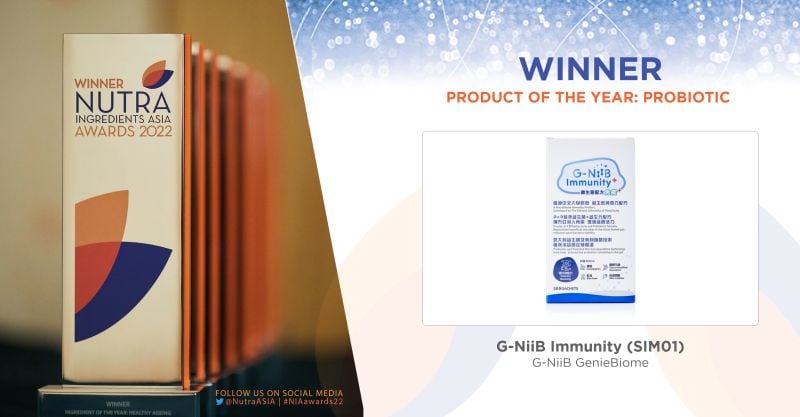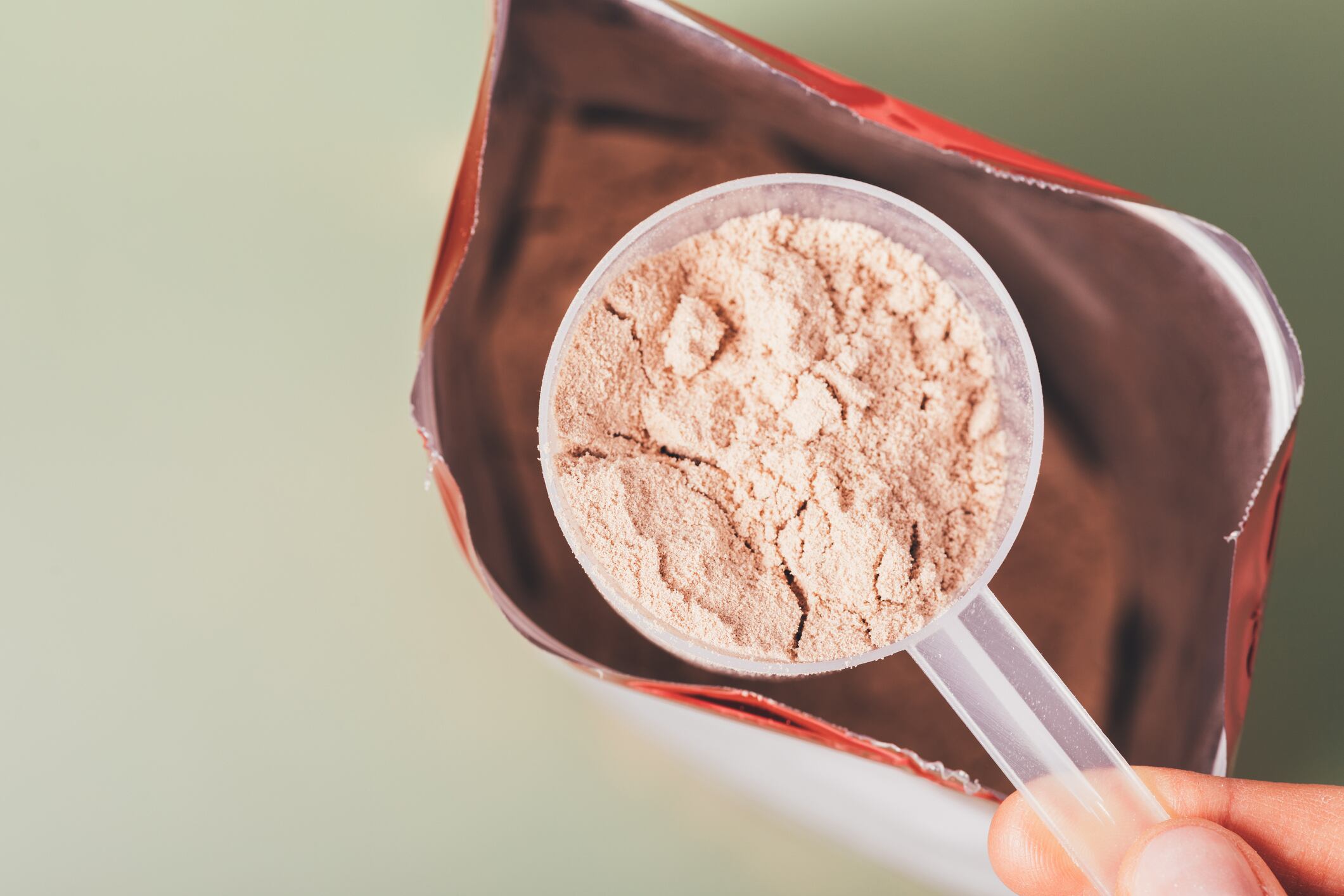This is in contrary to existing observational studies which reported that serum vitamin D concentration could affect the risk of developing cataract, the researchers of the study said.
Since vitamin D receptors are present in the lens, there is also possibility that it might play a role in the development of cataract.
Most cataracts are age-related, although some are also caused by exposure to ultraviolet (UV) radiation and genetics.
Writing in Ophthalmology, a group of researchers from Australia reported that the incidence of cataract surgery was similar between individuals who took vitamin D and those who took placebo.
This is based on a five-year long randomised, double-blind, placebo-controlled study known as the D-Health Trial.
A total of 21,315 men and women aged 60 to 84 were randomised to take either a high-dose amount of vitamin D (cholecalciferol) at 60,000 IU or placebo once per month for a maximum of five years.
The vitamin D dose was chosen based on a pilot trial which showed that it had resulted in a substantive increase in vitamin D concentration.
The primary objective of the D-Health Trial was to find out the effect of vitamin D supplementation on all-cause mortality.
However, secondary and tertiary objectives – in this case, the incidence of cataract surgery, were also assessed.
During the trial, the researchers followed up on the participants to see if they underwent any surgery for cataract.
The incidence of cataract surgery was also ascertained through linkage to universal health insurance records and hospital data.
Eventually, data form 19,925 participants were analysed.
It was found that 18.5 per cent of the participants from the intervention group and 18.3 per cent of those from the placebo group had undergone cataract surgery during the five years.
“The incidence proportion of cataract surgery was not lower in the vitamin D compared with the placebo group, and the HR did not suggest a beneficial effect of vitamin D.
In addition, the effect of vitamin D supplementation on the incidence of cataract surgery was not modified by age, sex, body mass index, predicted baseline serum vitamin D concentration.
“We found no evidence in our observational analysis that low predicted 25(OH)D concentration at baseline was associated with incidence of cataract surgery and the results of our RCT intention-to-treat analysis suggest that the associations detected in the observational studies may not be causal,” said the researchers.
At the same time, the researchers also acknowledged that since they only relied on surgical cataract treatment to measure the incidence of cataract, they were unable to ascertain the presence of cataract that was not visually significant.
Other D-Health trial findings
The D-Health Trial is funded by Australia’s National Health and Medical Research Council project grants.
So far, the trial has found that the supplementation of high-dose vitamin D could reduce the duration of respiratory tract infection.
At the same time, high dose vitamin D intake has also been found to increase the risk of falls among elderly with a normal body mass index of less than 25 kg/m2.
Source: Ophthalmology
Vitamin D supplementation and the incidence of cataract surgery in older Australian adults
https://doi.org/10.1016/j.ophtha.2022.09.015
Authors: Rachel E. Neale et al





